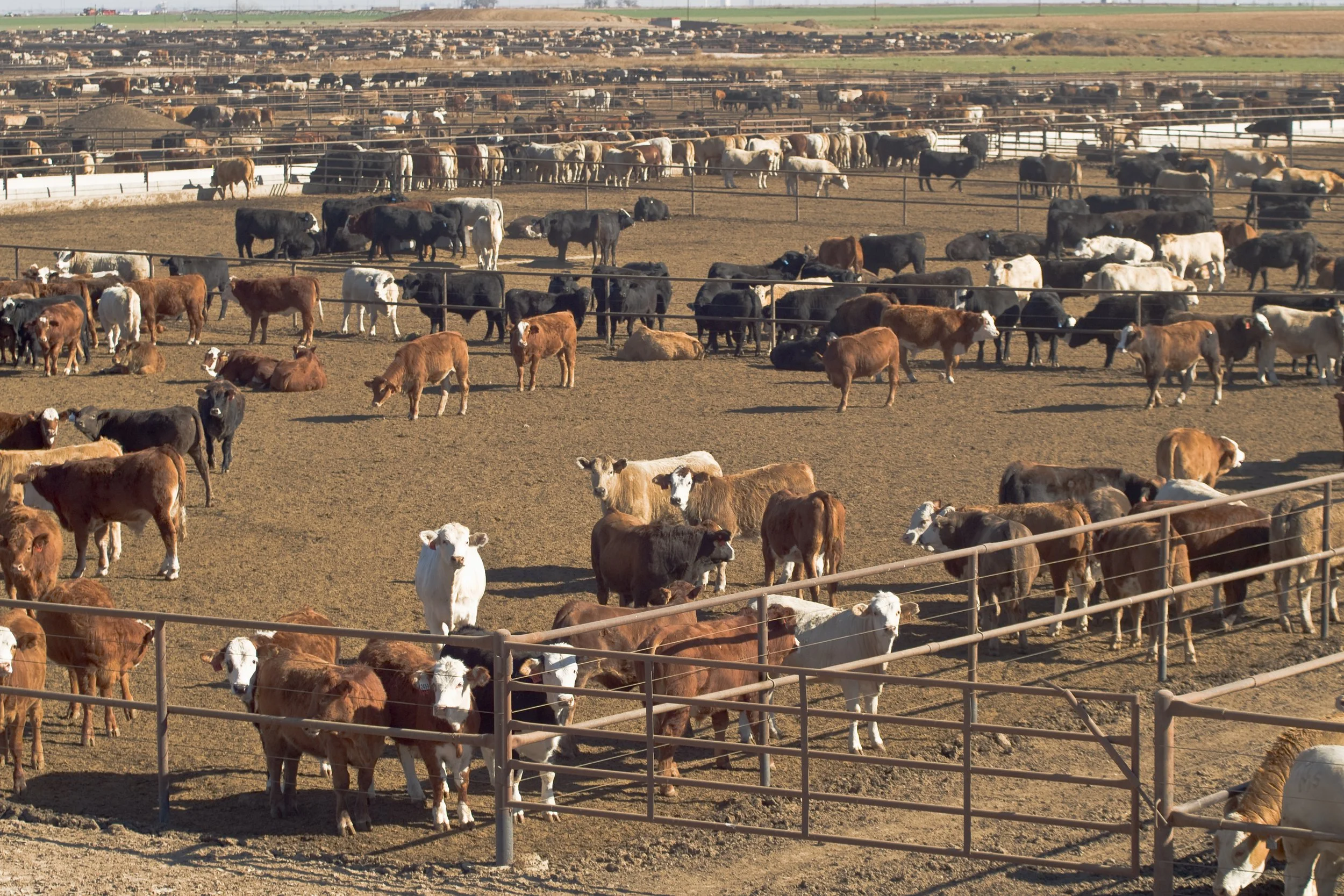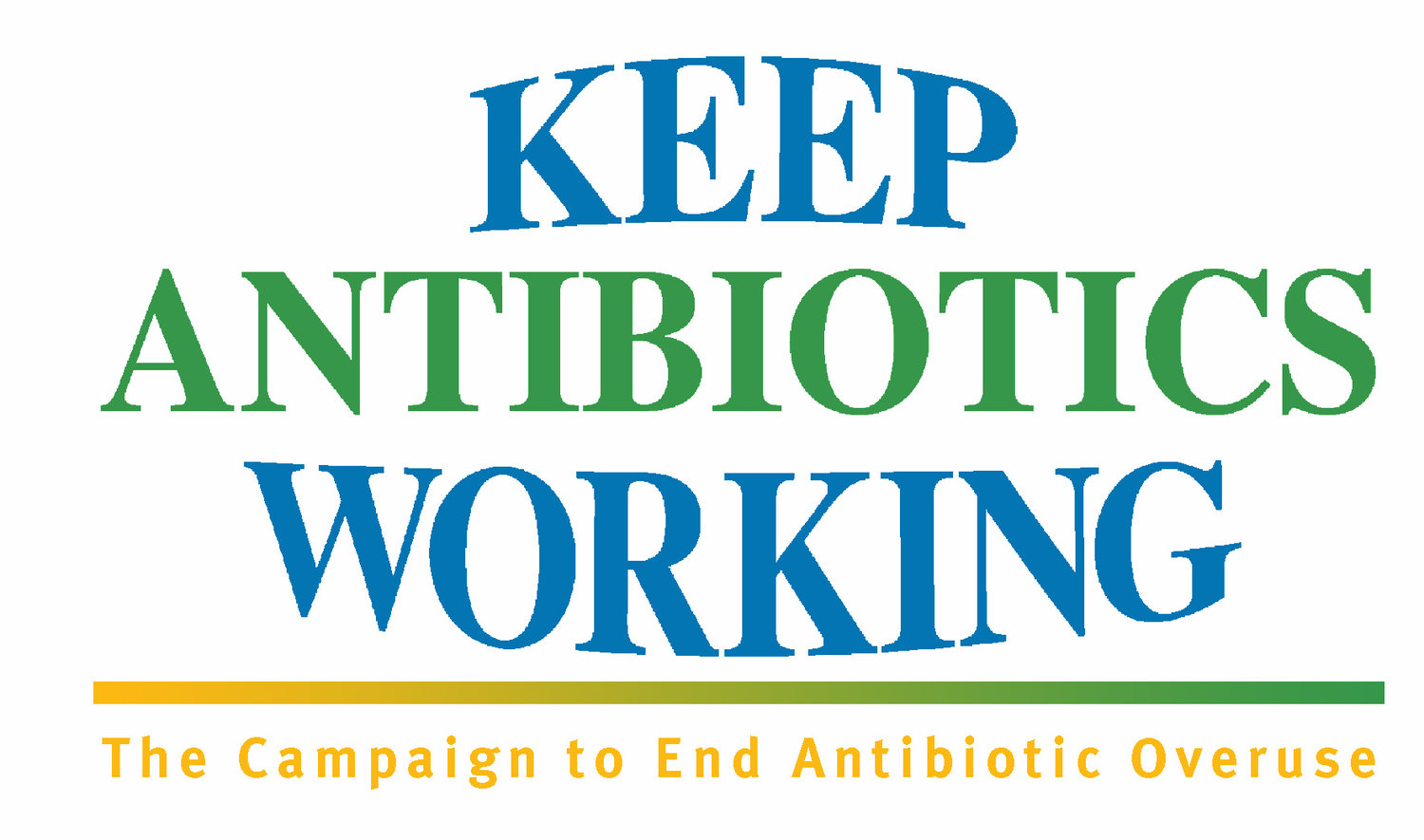
All blog posts are the sole opinion of the author and do not necessarily reflect the official position of Keep Antibiotics Working or Food Animal Concerns Trust.

New KAW Equity Policy: Preserving Antibiotics for Those who Need them Most
Spanning the nation, our KAW coalition member organizations partner to fight against the spread of antibiotic-resistant "superbugs" and ensure that the overuse of antibiotics on farms does not reverse the medical advances of the past century.
We recently drafted and published an equity policy, which you can read below. This policy is a reflection of our priority as a coalition to preserve the effectiveness of antibiotics for those who need them most. Antibiotic resistance disproportionately impacts minority groups, food workers and those with chronic illness and disability. As we continue to advocate as a coalition for policies that mitigate the threat of antibiotic resistance, it is important to address disparities in the animal agriculture sector and promote equitable policies and practices. At FACT and within KAW we advocate for a more sustainable and humane farming system and work to give voices to those in our communities who are most impacted by the flawed system of industrial animal agriculture.
Please read our equity policy below.

Antibiotic Resistance: An Unyielding Crisis and the Urgent Need for Reform
STEVE ROACH AND MADELEINE KLEVEN, SAFE AND HEALTHY FOOD TEAM, FOOD ANIMAL CONCERNS TRUST
Antibiotic resistance remains one of the most pressing public health threats of our time. Despite concerted global efforts to address this issue, recent data from the FDA's National Antimicrobial Resistance Monitoring System (NARMS) underscores a troubling reality: many resistance trends are not improving as hoped. Instead, we're witnessing a worrisome rise in multidrug-resistant bacteria across various animal isolates, which has significant implications for both human health and food safety. When food animals are infected with germs that are resistant to antibiotics, the germs can make their way into the food supply through contamination of meat products at slaughter or the environment. If meat is not cooked or prepared correctly, these germs can infect humans, making them very sick. Therefore, seeing a rise in resistant germs in animals has troubling implications for human health.

Senator Booker Calls Out The FDA for Backsliding on Fighting Superbugs
STEVE ROACH AND MADELEINE KLEVEN, SAFE AND HEALTHY FOOD TEAM, FOOD ANIMAL CONCERNS TRUST
Last week, Senator Cory Booker sent a letter to the U.S. Food and Drug Administration (FDA) urging them to address major gaps in the Agency’s efforts to preserve our antibiotics and slow the spread of antibiotic-resistant superbugs. As we have echoed in various blogs and agency letters, the FDA is not doing enough to stop the misuse and overuse of antibiotics in industrial animal agriculture - use which is driving the spread of antibiotic-resistant germs that threaten the lives of countless animals and people.

Antibiotics and Meat Production: A Growing Public Health Crisis
STEVE ROACH AND MADELEINE KLEVEN, SAFE AND HEALTHY FOOD TEAM, FOOD ANIMAL CONCERNS TRUST
Check out FACT’s latest video about antibiotic resistance and the policy changes necessary to slow the spread of deadly antibiotic-resistant germs.

The FDA’s Center for Veterinary Medicine’s Eroding Focus on Protecting Consumers
STEVE ROACH AND MADELEINE KLEVEN, SAFE AND HEALTHY FOOD TEAM, FOOD ANIMAL CONCERNS TRUST
The Food and Drug Administration (FDA) and its Center of Veterinary Medicine (CVM) were created as public health agencies with the regulatory goal of making sure that drugs for humans or animals cannot be sold unless they are safe and effective. Under pressure from the regulated industry and elected officials, this original public health mission has been eroded. Now the Center for Veterinary Medicine whose primary reason for existence is to make sure animal drugs are safe both for animals and people prioritizes “spur[ring] the development of new technologies” over making sure people are not harmed by existing technologies. The CVM is becoming more and more like the U.S. Department of Agriculture (USDA) with dual roles of both regulating and promoting U.S. agriculture. Like the USDA, this means the CVM too often prioritizes the regulated industry over protecting public health.

The FDA Needs to Collect Critical Data on Antibiotic Use on Farms
MADELEINE KLEVEN SAFE & HEALTHY FOOD PROGRAM ASSOCIATE, FOOD ANIMAL CONCERNS TRUST
Antibiotic use, especially overuse in animal agriculture, is a primary selective force behind the emergence of antibiotic resistant bacteria. In order to combat the spread of resistance, antibiotic stewardship - stopping the overuse of antibiotics - is essential. However, veterinary antibiotic use and stewardship cannot be optimized without measurement. It is impossible to know if efforts to reduce the overuse of antibiotics are effective or creating meaningful change over time, if there is no actual data on how antibiotics are being used.

As the FDA Winds up its Five-Year Stewardship Plan, New Data Indicates the Potential for Large Increases in Antibiotic Use.
STEVE ROACH, SAFE & HEALTHY FOOD PROGRAM DIRECTOR, FOOD ANIMAL CONCERNS TRUST
We are fast approaching the 100th anniversary of the discovery of antibiotics. In 1928, Alexander Fleming discovered the antibacterial properties of penicillin. That discovery revolutionized medicine by making previously untreatable bacterial infections easily treatable. Now after less than 100 years, those treatment gains are being lost to the spread of antibiotic-resistant superbugs. While penicillin is still used today and remains effective for treating some infections, it simply no longer works in many others, leaving doctors with little choice but to reach for alternative, newer antibiotics. Too often these newer antibiotics also fail, leaving serious, difficult, and sometimes impossible to treat infections. Resistance spreads because we overuse antibiotics both in human medicine and to produce food animals. However, many more antibiotics are used in animals than in people.

FDA Still Sluggish On The Superbug Crisis
STEVE ROACH, SAFE & HEALTHY FOOD PROGRAM DIRECTOR, FOOD ANIMAL CONCERNS TRUST
This blog was originally published as an OpED in the online journal The Messenger on July 7, 2023.
The recent independent expert panel review of the Food and Drug Administration’s (FDA) Human Foods Program found “a culture of indecisiveness and inaction” within the FDA, where “decision-making is unacceptably slow,” appearing “sluggish and non-responsive to public health concerns,” and suffering from “an aversion to risk that undercuts its public health mandate.” While these criticisms were directed at the broader food program, they also apply to the FDA’s response to the urgent crisis of antibiotic-resistant superbugs. The FDA is supposed to protect the American people, so is the agency dragging its feet?

Here's What You Should Know About Antibiotic Cross-Resistance and Co-Resistance
MADELEINE KLEVEN SAFE & HEALTHY FOOD PROGRAM ASSOCIATE, FOOD ANIMAL CONCERNS TRUST
In the Safe and Healthy Food Program’s work we talk a lot about antibiotic resistance - when a bacterial organism can no longer be killed by the antibiotics normally used to treat that bacterial infection. On a big picture level, the overuse of antibiotics, especially in industrial farming is a main driver of antibiotic resistance. This is a big problem, especially for those antibiotics which are medically important - used in both animals and humans.

Antibiotic resistance disproportionately impacts women’s health
MADELEINE KLEVEN SAFE & HEALTHY FOOD PROGRAM ASSOCIATE, FOOD ANIMAL CONCERNS TRUST
Next week (May 14-20) is Women’s Health week. This year’s theme is “Women's Health, Whole Health: Prevention, Care and Wellbeing”. This is a meaningful week encouraging women and girls everywhere to prioritize their health and wellness. Amidst the pandemic and other social turbulence, it is more important than ever to take a few deep breaths and focus on your physical and mental health. It is also critical that we push for policies and legislation that promote the health of women and in turn support healthier communities as a whole.

Strong Leadership From HHS is Needed to Preserve our Antibiotics and Protect Public Health
MADELEINE KLEVEN SAFE & HEALTHY FOOD PROGRAM ASSOCIATE, FOOD ANIMAL CONCERNS TRUST
Today, Food Animal Concerns Trust and 24 colleagues and ally organizations on behalf of the Keep Antibiotics Working Coalition sent a letter to the Secretary of Health and Human Services (HHS), Xavier Becerra, urging his immediate action in addressing the antibiotic resistance crisis.
This crisis causes approximately 1.27 million deaths globally each year and kills someone in the United States every 15 minutes. Despite these staggering numbers, and the ongoing spread of deadly antibiotic resistant superbugs - dangerous sometimes fatal infections that no longer respond to the antibiotics previously used to treat them - the U.S. response has fallen short on curbing its chief driver – widespread and avoidable overuse of these precious medicines. While antibiotic overuse exists in the human health sector, unmitigated and blatant overuse of antibiotics is occurring in industrial animal agriculture, where poor animal welfare practices are commonplace and antibiotics are used to bolster producer profits versus support for animal health and well-being. With U.S. sales of medically important antibiotics in animals nearly double the sales for human medicine, it is clear where major efforts to preserve antibiotics must be directed. Stopping the exorbitant overuse of antibiotics in animal ag is key to keeping animals, and in turn humans, healthy.

Antibiotic Resistance Disproportionately Impacts Vulnerable Populations
MADELEINE KLEVEN SAFE & HEALTHY FOOD PROGRAM ASSOCIATE, FOOD ANIMAL CONCERNS TRUST
Antibiotic resistance threatens to overturn much of the health advances of the twentieth century. As resistant bacteria spreads, more people become sick, more people are hospitalized, and more people die. While everyone is likely to get a resistant infection sooner or later, children, the elderly and those who are immunocompromised or suffering from chronic illness are most impacted. Antibiotic resistance makes health disparities worse, compounding problems caused by marginalization.
